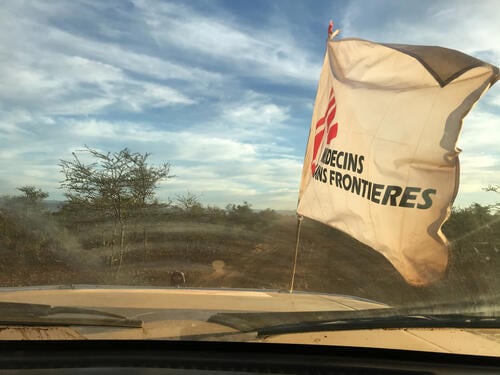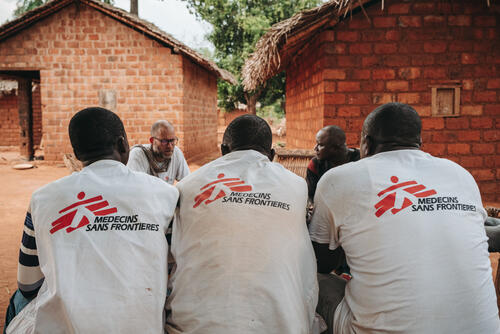Since the civil war of 2013, CAR has been marked by cycles of intensive violence. Fighting between the government and non-state armed groups, spurred by an election process, escalated in early 2021.
MSF sees the direct consequences of violence on the health of individuals and entire communities. There is a severe lack of access to healthcare; trained health workers are scarce, health services are poorly resourced and often targeted by the conflict; and patients need to travel hundreds of kilometres on dangerous roads to reach medical structures.
In CAR, we focus on treating victims and survivors of sexual violence; provide sexual and reproductive healthcare, including maternal healthcare; and provide treatment to people living with HIV.
Our activities in 2023 in Central African Republic
Data and information from the International Activity Report 2023.
2,499
2,499
€70.6 M
70.6M
1997
1997
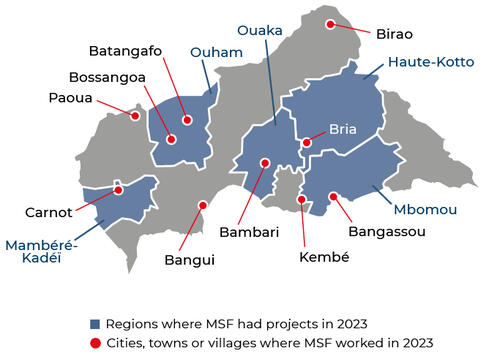

725,700
725,7
10,600
10,6
9,230
9,23

6,030
6,03

Invisible Wounds: MSF findings on sexual violence in CAR between 2018 and 2022
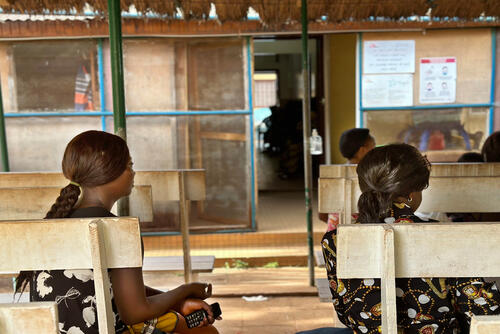
Sexual violence in Central African Republic is a “public health emergency”
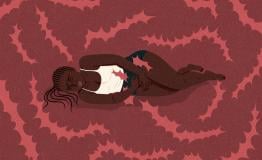
Abortion: Women more at risk of death in fragile and conflict-affected settings

Attacks against staff and patients in Batangafo threaten continuation of healthcare
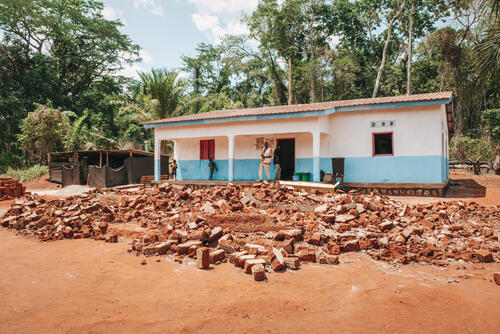
Health emergency in Central African Republic requires urgent response

Ten years of atrocities and violence in Central African Republic
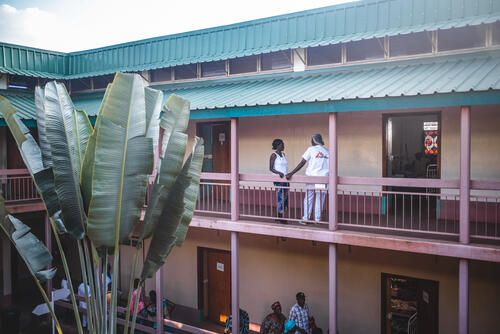
The forgotten emergency of maternal healthcare in the Central African crisis
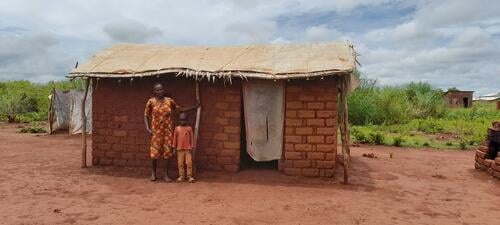
After years of conflict, displaced people struggle to return home in Bria
